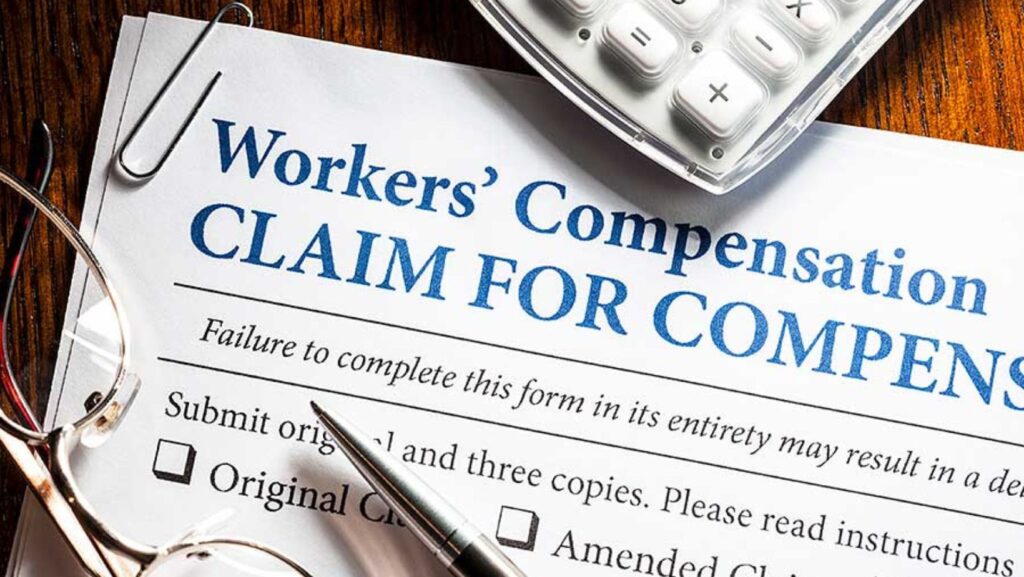A million Americans go to work every day. They’re the backbone of the country’s economy.
Unfortunately, not every job is easy or risk-free. Some jobs, like construction, can cause injuries to workers that can put them out of work for a month or even give them a permanent disability.
If you’ve been injured on the job, you might need a workers’ compensation lawyer. The law guarantees workers compensation for any injuries they suffer when performing any work-related task, and you should file a claim to receive it. This article will talk about 6 common questions related to worker’s compensation.
1. What is worker’s compensation?
Worker’s compensation is basically insurance that covers any workplace injuries. This is designed to protect workers so they don’t end up with permanent disabilities or in debt trying to get medical help. This arrangement only covers injuries that occur as a part of the job and not when the worker is off-duty.
If the worker was found to be excessively reckless, they may not be entitled to full compensation, depending on the circumstances.
2. What do I have to do to file a claim?
If you’re injured on the job, you are required to inform your employer, as it is commonly their insurance that pays for your injuries. There is a statute of limitations on reporting workplace injuries, which is another reason why you should be quick about it. If your employer doesn’t provide insurance, you may be entitled to state coverage.
You may be required to go to a doctor covered by regulations, and you will also be required to fill out a form requesting workplace injury compensation. You will be asked for personal details, like your age and identification number, as well as details of the accident and how it affects your job.
3. What benefits does it cover?
Worker’s compensation is primarily designed to cover healthcare costs in the event of an injury. That includes doctor’s visits, the cost of medication, surgery, and rehabilitation if needed. It also provides options for workers to be retrained if they are unable to return to work due to the injury.
Workers’ compensation may also cover the cost of psychological treatment if the injury involves complex trauma. It’s important to note that the amount of compensation a worker can receive is dependent on state laws and the severity of their injuries.
4. Am I entitled to worker’s compensation?
Typically, any accident that occurs in the workplace falls under workers’ compensation, even if it was due to the employee’s negligence. That means if a worker injured themselves from straining too much at the job, for example, they are entitled to compensation. However, there are exceptions to this rule.
If the worker deliberately harmed themselves, they could be barred from receiving worker’s compensation. The same applies if the worker injured themselves from being intoxicated or failing to follow safety policies. In some cases, the compensation could also be reduced and not entirely withheld.
5. Can I be fired for filing a claim?
In most states, it is illegal for employers to terminate an employee solely for filing a worker’s injury claim. However, a worker can be fired for other actions they committed on the job. If you think you’ve been unfairly fired for filing a claim, you should consult a lawyer.
6. Do I need a lawyer to file a claim?
While it is possible to file a claim on your own when the case is clear, it is advisable to hire a lawyer when your injuries are severe or your claim has been denied. A small injury, where there is no dispute about where the injury occurred and you don’t require a lot of time off work, can be handled without a lawyer.
If your employer is deliberately sabotaging your claim or if your injuries are permanent and will require extensive support, it’s best to hire a lawyer. If there is any dispute as to whether the injury was work-related, you have preexisting conditions, or it’s best to hire a lawyer.


